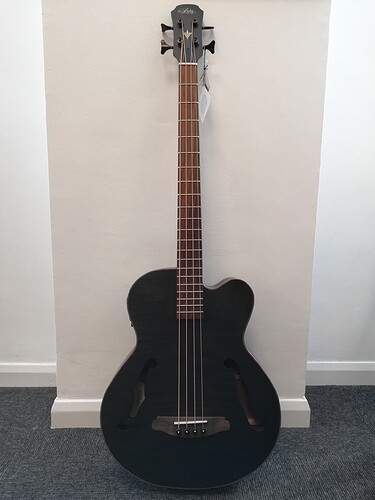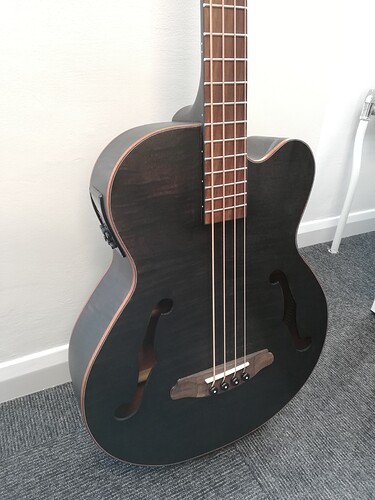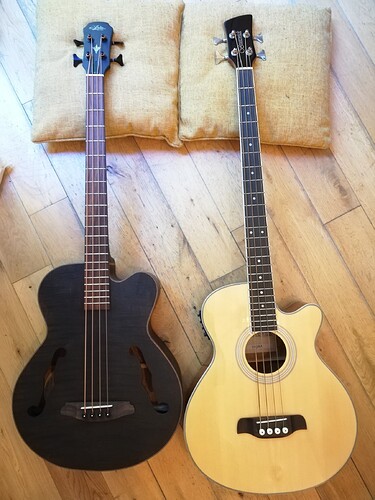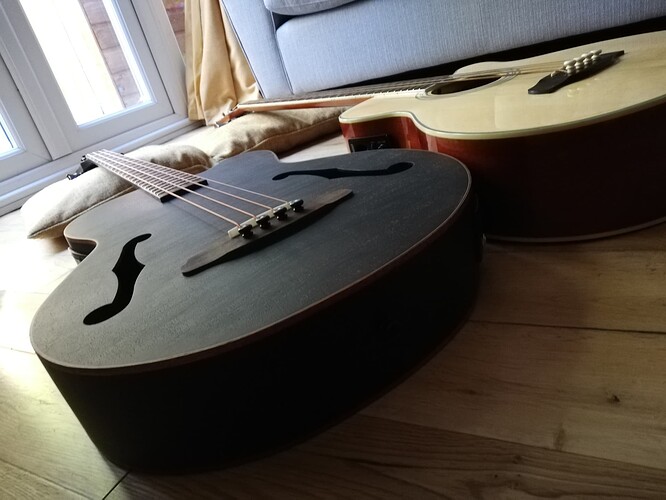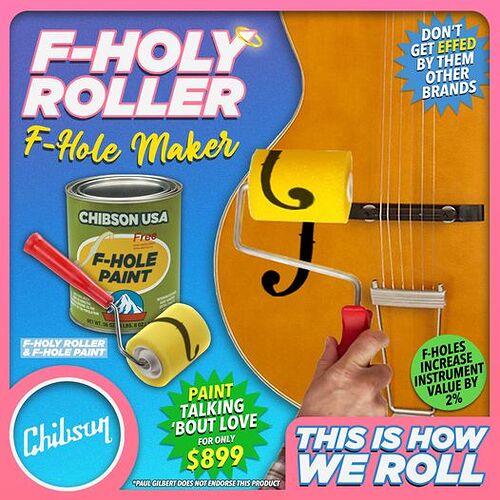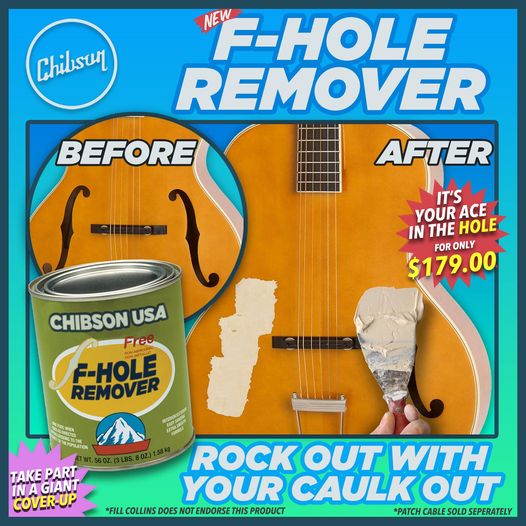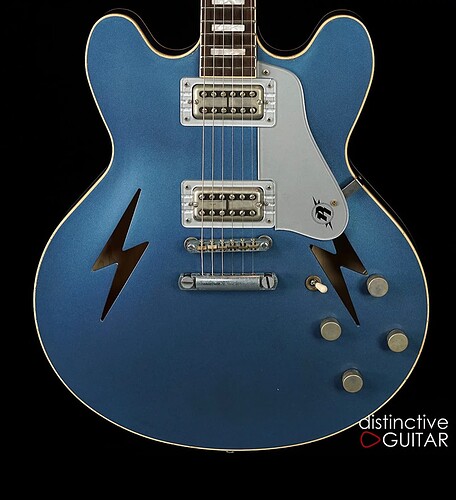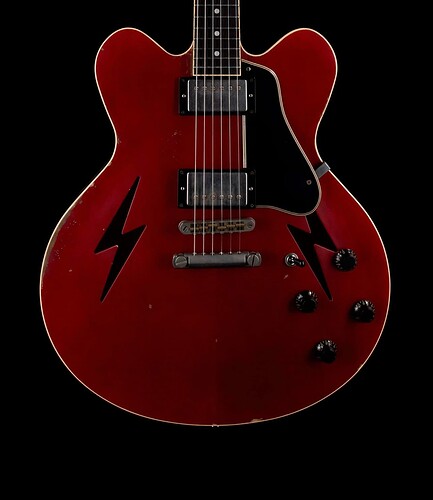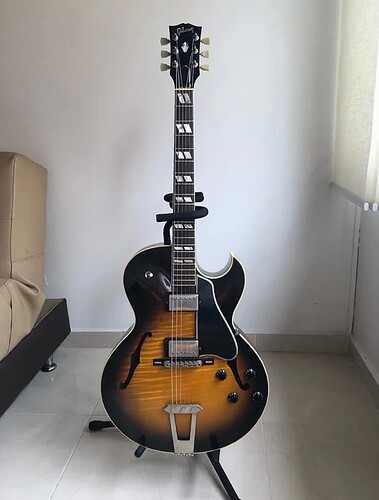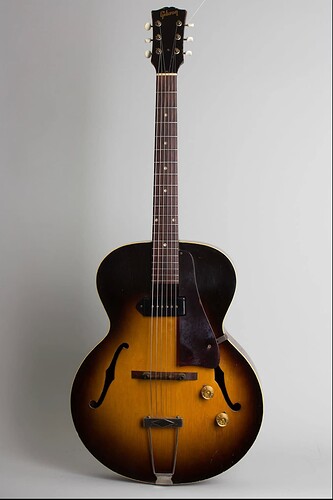Thanks for clarifying! Happy to have learned that today!
@MikeC thank you so much for taking the time to explain all that detail regards amplifying acoustics - incredibly interesting and useful to know too.
Will have a ponder regards which way to go, though for the moment I do believe I’ll be taking on board the advice of @eric.kiser and finishing the B2B course before making any decisions as to changes of instrument (space/funds dictate that anything I buy would be ‘instead of’ rather than ‘as well as’).
Might still test out that Aria again though, and plugged in too, for science reasons of course.
Only if you’re ready to spend the money, cause gas strikes hard when it hits.
Although I am not in complete agreement with Eric, maybe 90% agreement/10% disagreemtent. I still wish I started the course with a P bass. It took me a couple tries, but I figured it out.
So I, err, have a confession to make…
And a Brunswick Bass to sell
We’d gladly read it in the GAS thread 
Whoops… 
Looking forward to getting home and playing through some lessons.
Will revisit a few earlier lessons to build some familiarity before learning whole new techniques.
Nice, that is really pretty
Congrats. @mikeyjayjay.
Thanks @MikeC and @AnotherJosh
And importantly, thank you to everyone who contributed to the conversation, offering guidance, knowledge and opinions - all of it was very much appreciated, and incredibly useful for the future
And for science or something like that, the Brunswick and Aria side by side, showing the size differences (subtle in the photos but very different in terms of playing feel)
Interestingly, the Aria despite being smaller is in fact heavier, though looking inside the soundbox it does look like it’s built sturdier in terms of the bracing (if that’s even the right term) etc, and imagine woods used may be a factor too.
An F-hole instrument like your Aria is a different animal than a conventionally designed acoustic.
An F-hole has an arched top (and often back) that is structurally stiffer and does not undulate like an acoustic. They are much more heavily braced, too. As such, the type, weight and thickness of an F-hole’s tonewoods are not as critical, and F-holes are inherently heavier.
When I hear the word F-hole, I devolve.
Heheh, hehe…
He said F-hole
The first five minutes of this video contain some good information about the why and how of the guitar’s f-hole design concept.


F-Holes serve an important niche in the bass ecosystem. Without them, the pick population would run wild and unchecked. The F-hole is the pick’s natural predator.
Why hasn’t anyone made these into lightning bolt holes?
